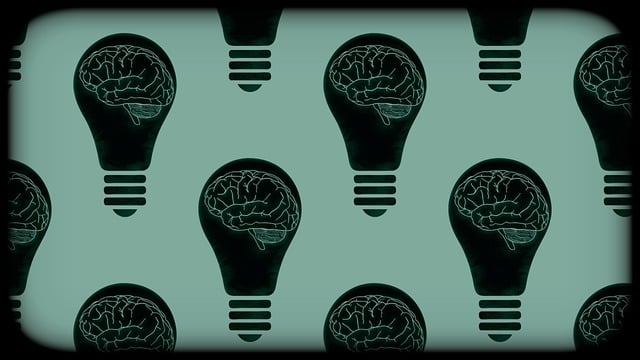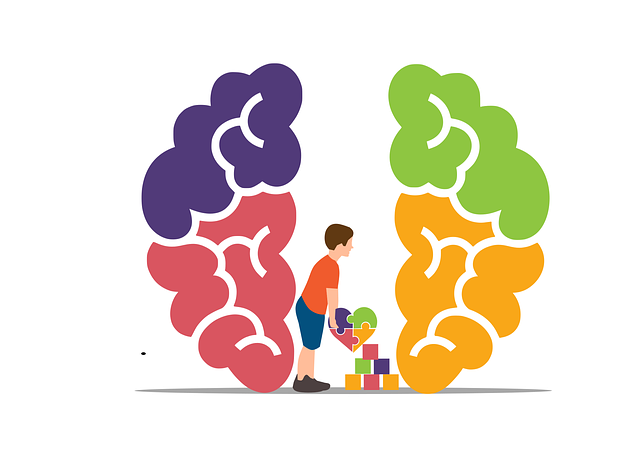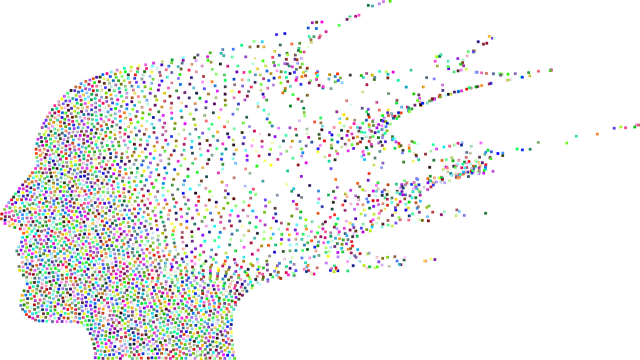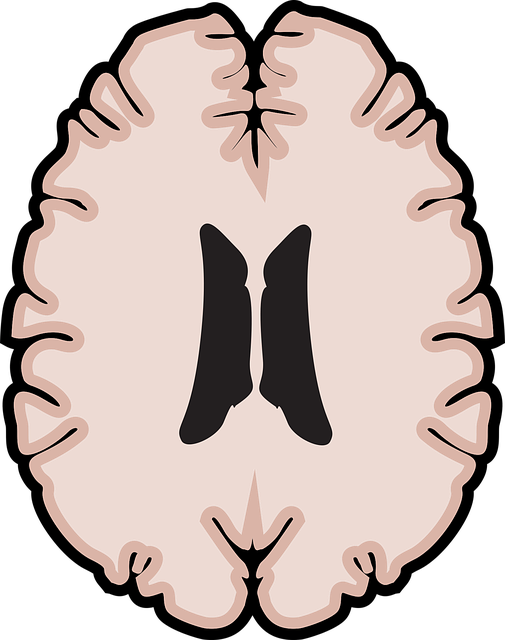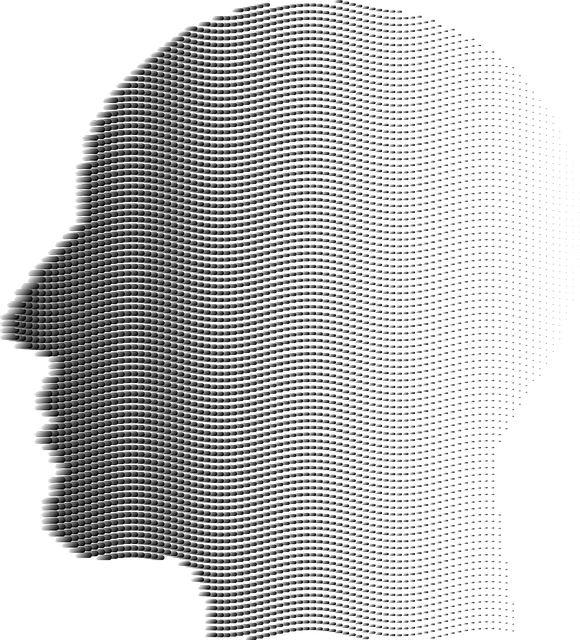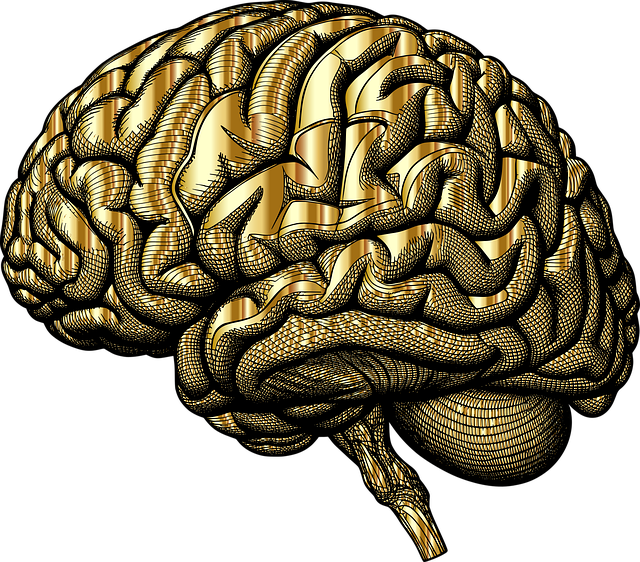Crafting an effective marketing strategy for a mental wellness app focused on ADD-ADHD requires understanding the unique challenges of this demographic, such as time management and focus issues. Key steps include comprehensive research to identify key demographics, offering specialized therapy like Therapy for ADD-ADHD, and leveraging public awareness campaigns and podcasts to expand reach. A holistic approach combining social skills training and depression prevention strategies addresses complex emotional well-being issues faced by individuals with ADHD, enhancing overall mental wellness improvement.
In today’s digital age, mental wellness apps offer crucial support for managing conditions like ADD/ADHD. To thrive in this competitive landscape, developers must strategize effectively. This article guides you through crafting a robust marketing strategy focused on understanding and reaching your target audience with ADD/ADHD. We’ll explore key demographics, the unique challenges they face, and the growing digital mental health support ecosystem. Additionally, we’ll delve into crafting compelling value propositions, leveraging social media, content marketing, targeted advertising, and building online communities to increase awareness for therapy apps catering to individuals seeking effective therapy for ADD-ADHD.
- Understanding Your Target Audience: ADD-ADHD and Mental Health Awareness
- – Research and identify key demographics
- – Explore the unique challenges faced by individuals with ADD/ADHD
Understanding Your Target Audience: ADD-ADHD and Mental Health Awareness

Understanding your target audience is a crucial step in developing an effective marketing strategy for a mental wellness app, especially when focusing on ADD-ADHD and related mental health issues. Many individuals with Attention Deficit Hyperactivity Disorder (ADD-ADHD) face unique challenges in their daily lives due to their symptoms. They may struggle with time management, organization, and staying focused, which can impact various aspects of their mental wellness. Therefore, your marketing efforts should resonate with this specific demographic and offer tailored solutions.
By creating content that addresses the specific needs of those seeking therapy for ADD-ADHD, you can attract a targeted audience. For instance, promoting communication strategies within your app as effective tools for managing symptoms can be appealing. You might also highlight trauma support services, recognizing that many individuals with ADD-ADHD have co-occurring traumatic experiences. Using these keywords and understanding the nuances of your target market will ensure your marketing strategy effectively reaches those in need of specialized mental wellness solutions.
– Research and identify key demographics

In developing a marketing strategy for a mental wellness app, it’s imperative to start with thorough research and identification of key demographics. Understanding the specific needs and challenges faced by different age groups, genders, and cultural backgrounds is essential. For instance, while anxiety and depression are prevalent across all segments, individuals with Attention Deficit Disorder (ADD-ADHD) may require tailored therapy solutions that address their unique cognitive profiles. This demographic-specific approach not only enhances user engagement but also ensures the app’s effectiveness in treating conditions like ADD-ADHD.
Moreover, leveraging Public Awareness Campaigns Development can significantly increase visibility and foster a sense of community among users. By integrating Depression Prevention initiatives and offering accessible Mental Wellness Podcast Series Production, the app can cater to diverse preferences and learning styles, ultimately expanding its reach and impact.
– Explore the unique challenges faced by individuals with ADD/ADHD

Individuals with Attention-Deficit/Hyperactivity Disorder (ADHD or ADD) often face unique challenges in managing their mental wellness. Beyond the typical symptoms of inattention and hyperactivity, many struggle with feelings of frustration, low self-esteem, and difficulties in maintaining relationships due to impulsivity. Traditional therapy approaches may not always effectively address these complex issues, highlighting the need for specialized interventions.
One such intervention gaining traction is combining Therapy for ADD-ADHD with Social Skills Training and Depression Prevention strategies. This comprehensive approach acknowledges that individuals with ADHD often experience social isolation and emotional challenges alongside their symptoms. A well-rounded strategy, including risk management planning for mental health professionals, can create a supportive environment tailored to their needs, fostering not just symptom management but also overall mental wellness improvement.
In developing a marketing strategy for mental wellness apps, especially those targeting ADD-ADHD, understanding your audience is paramount. By delving into their unique challenges and demographics, as outlined in this article, you can create tailored campaigns that resonate deeply with individuals seeking therapy for ADD-ADHD. Leveraging the right keywords and messaging will not only enhance visibility but also foster a sense of community and support, ultimately driving adoption and engagement.
